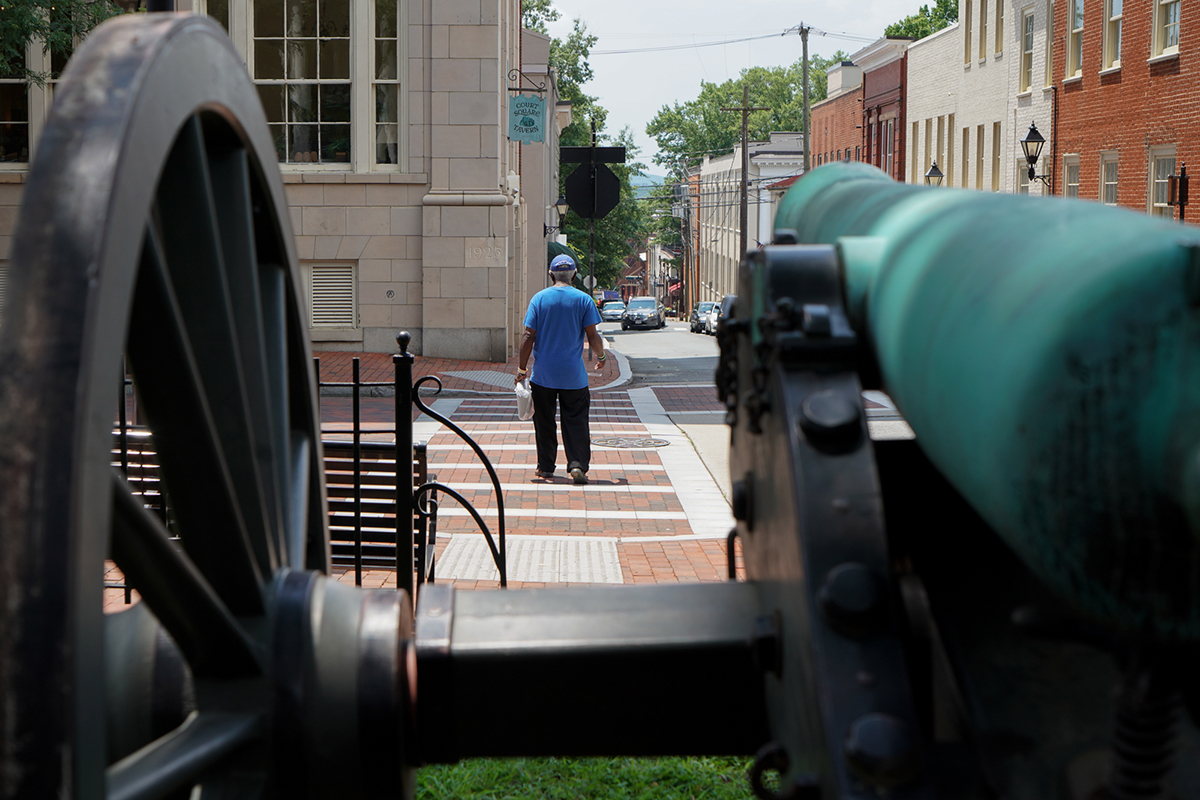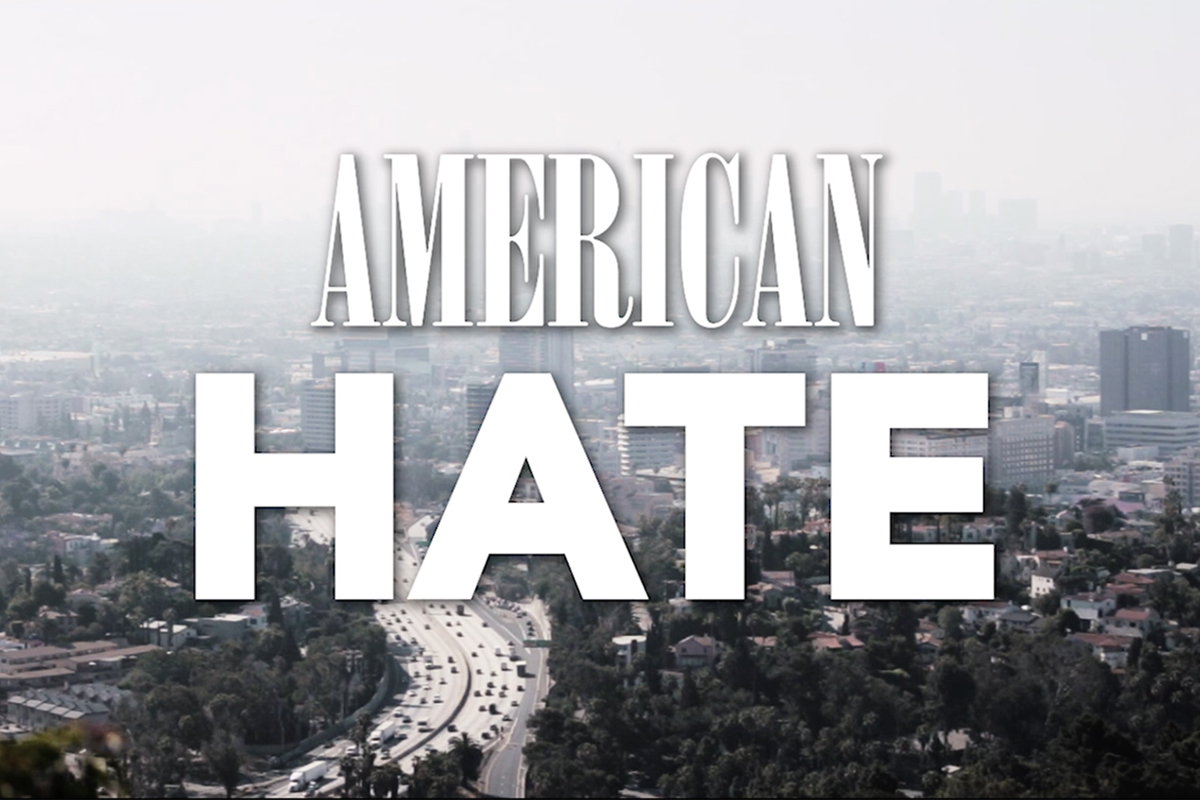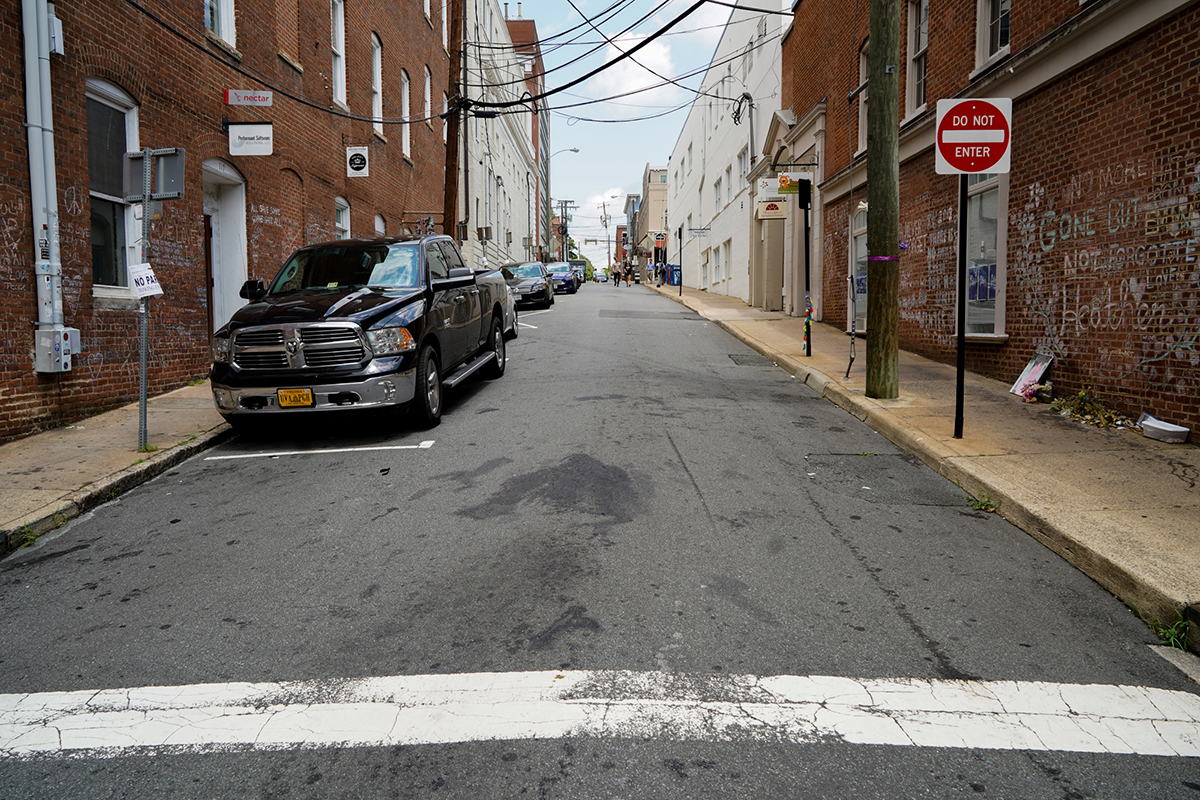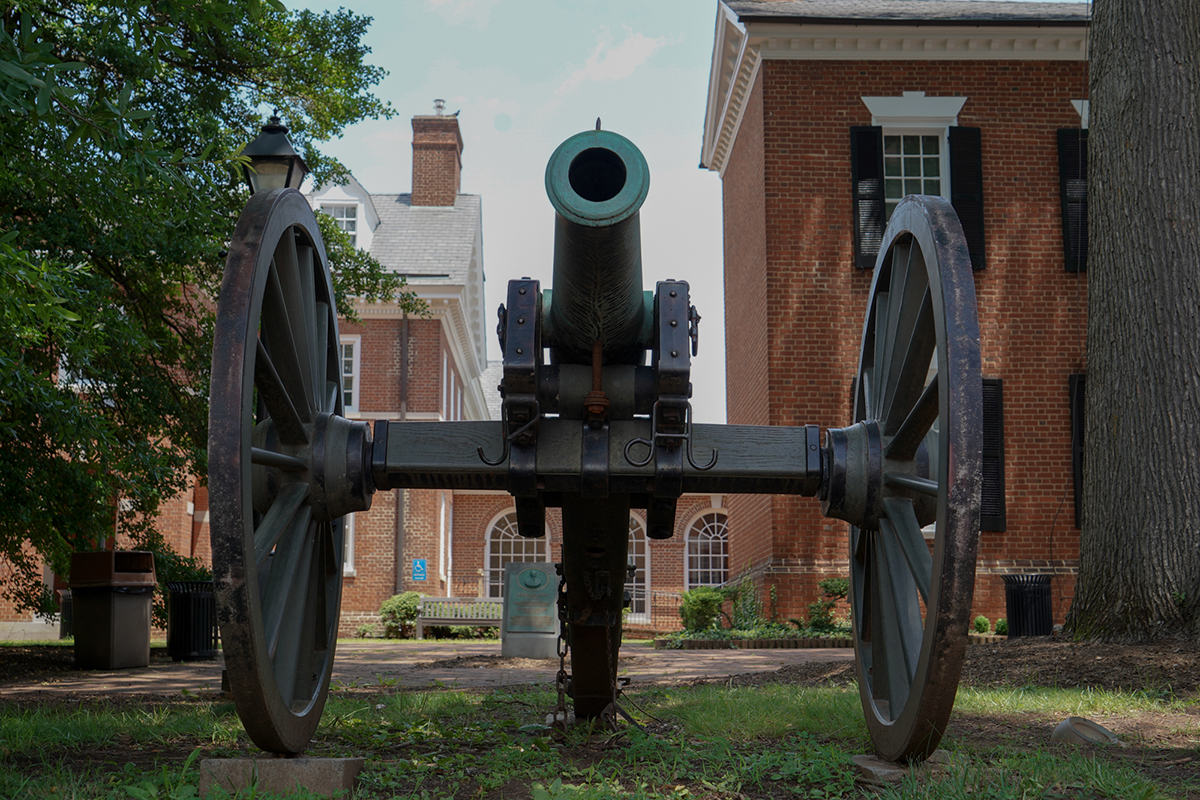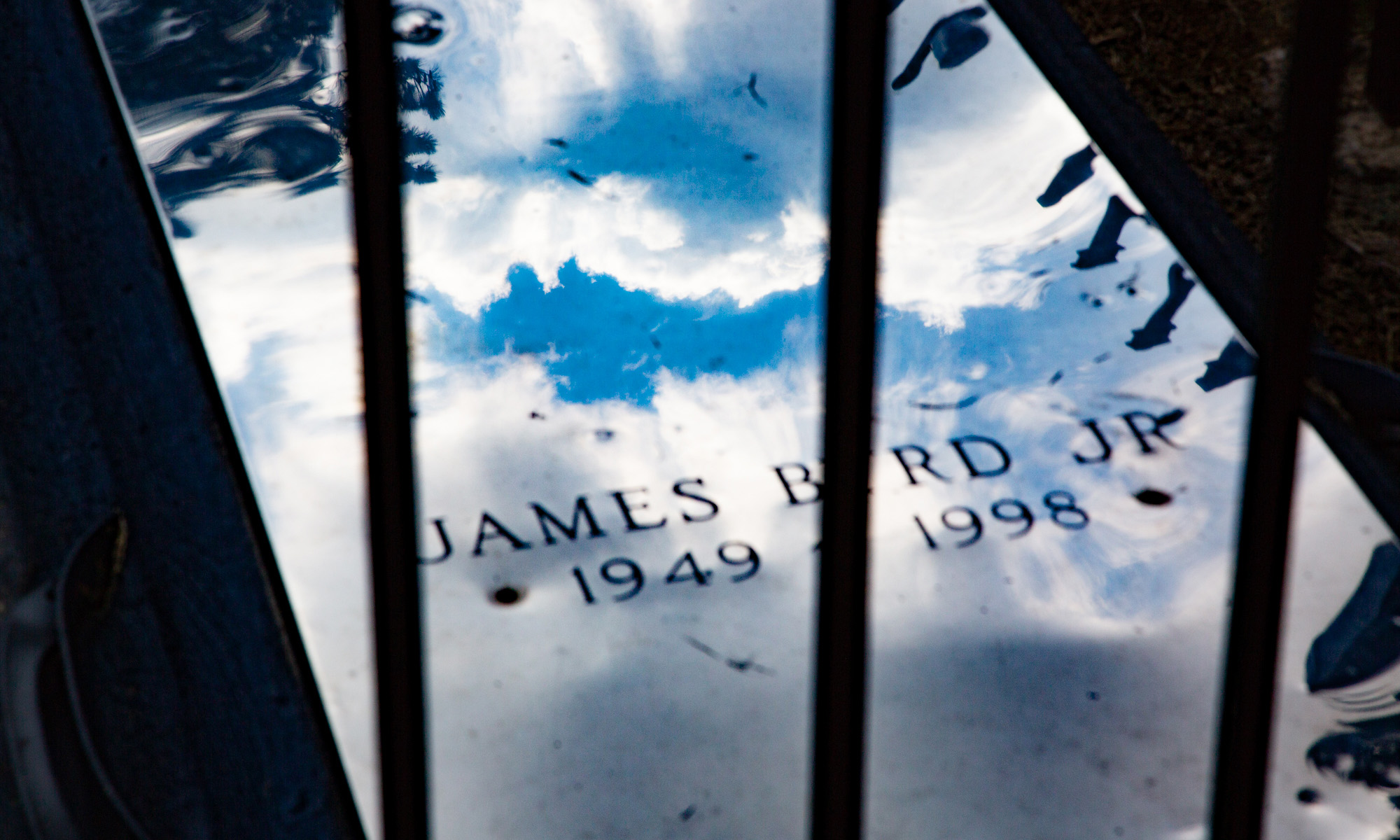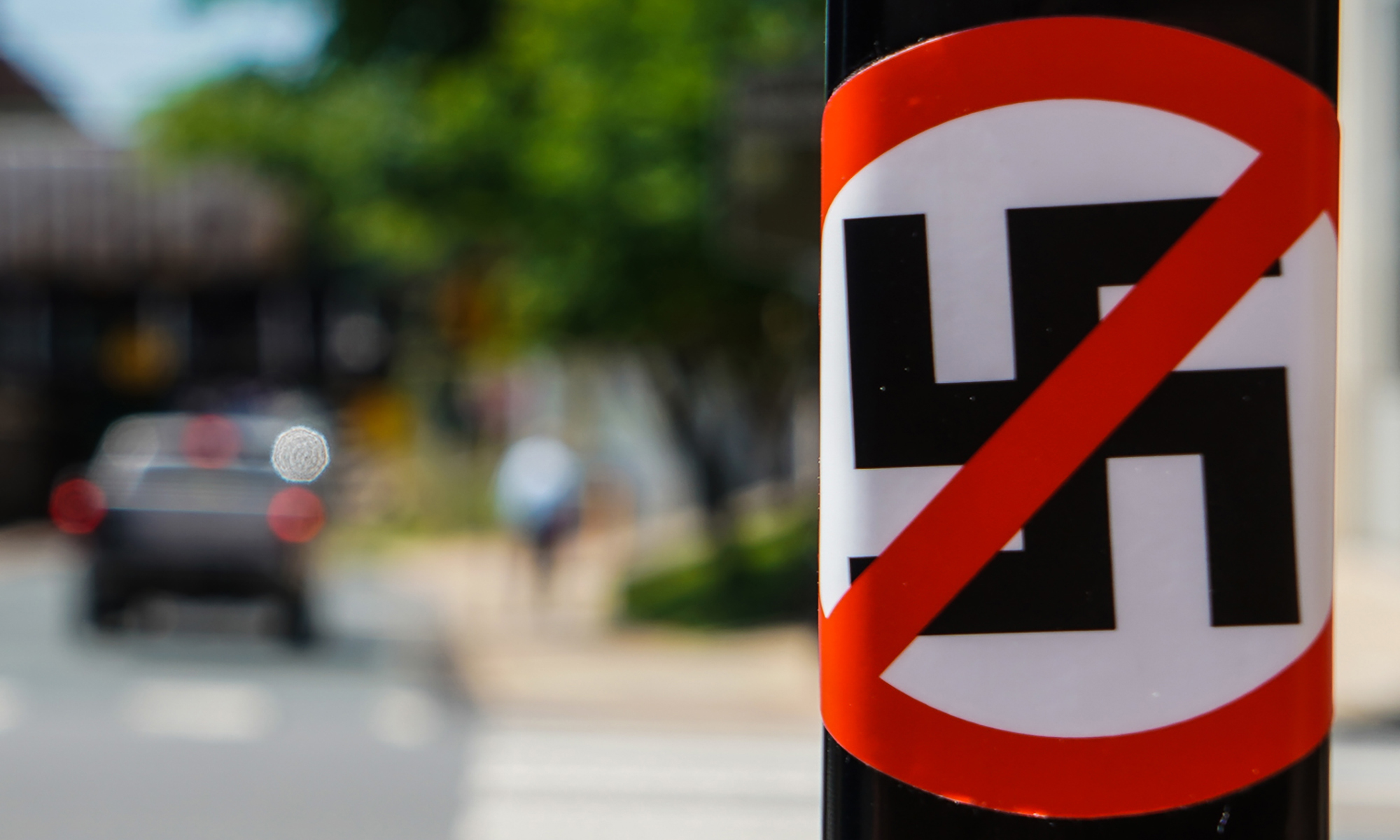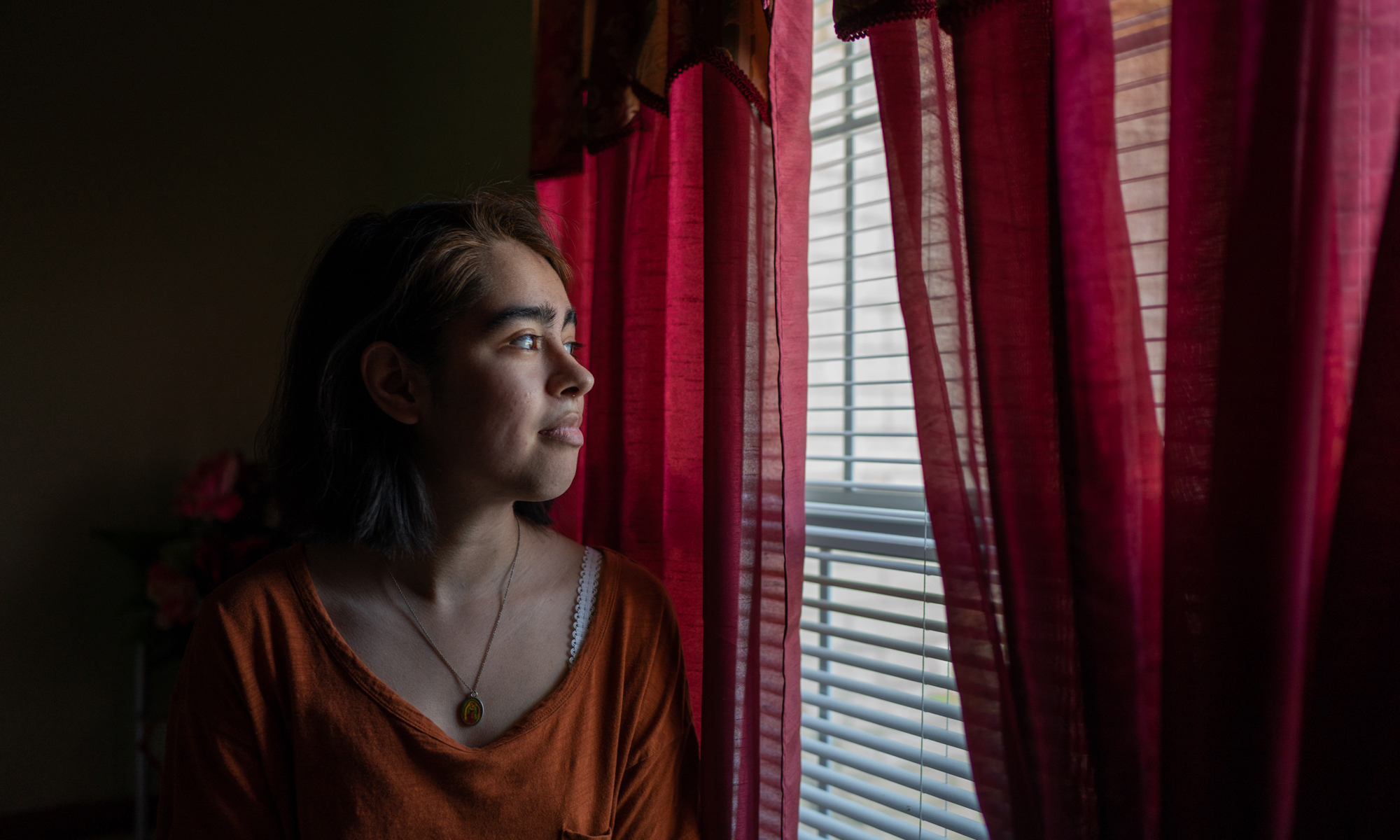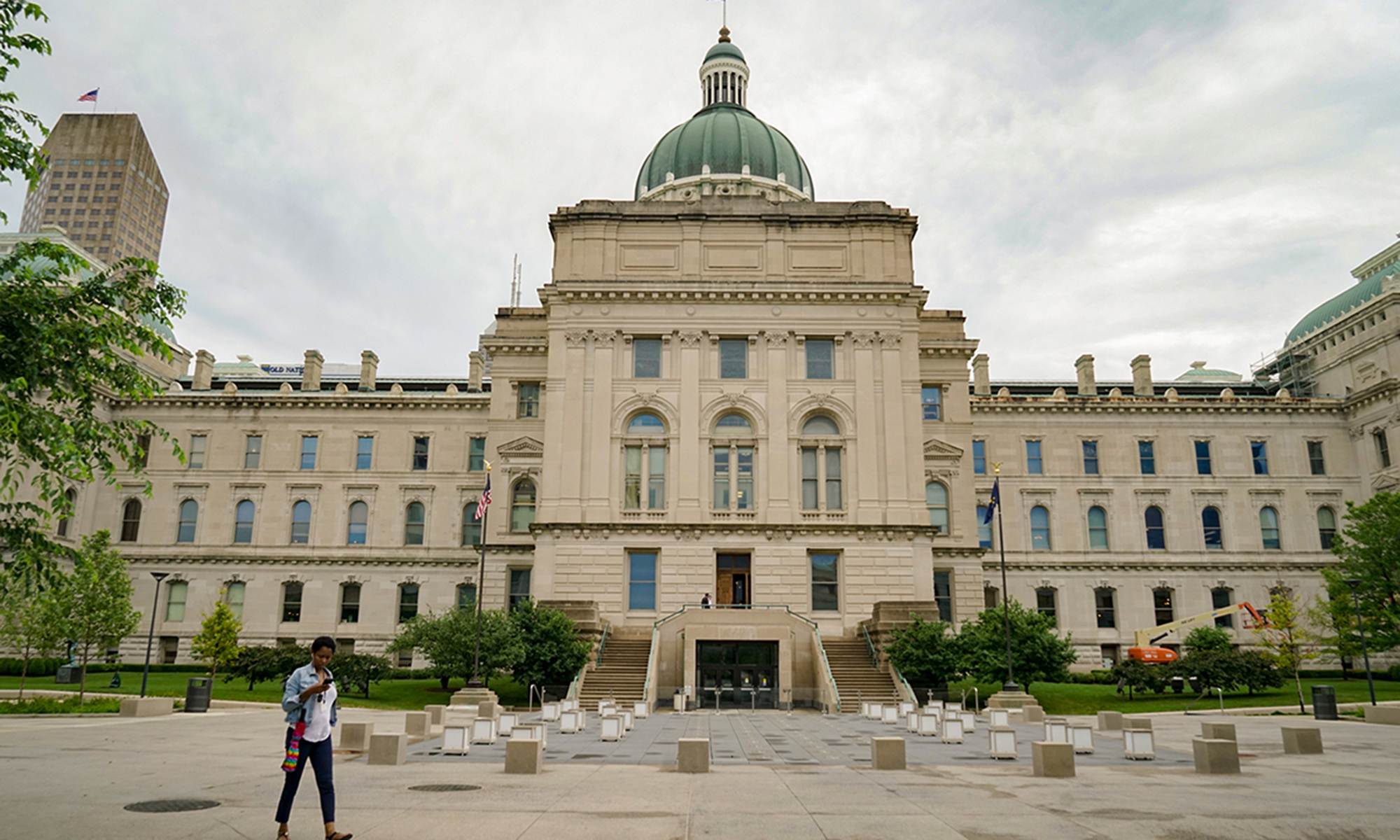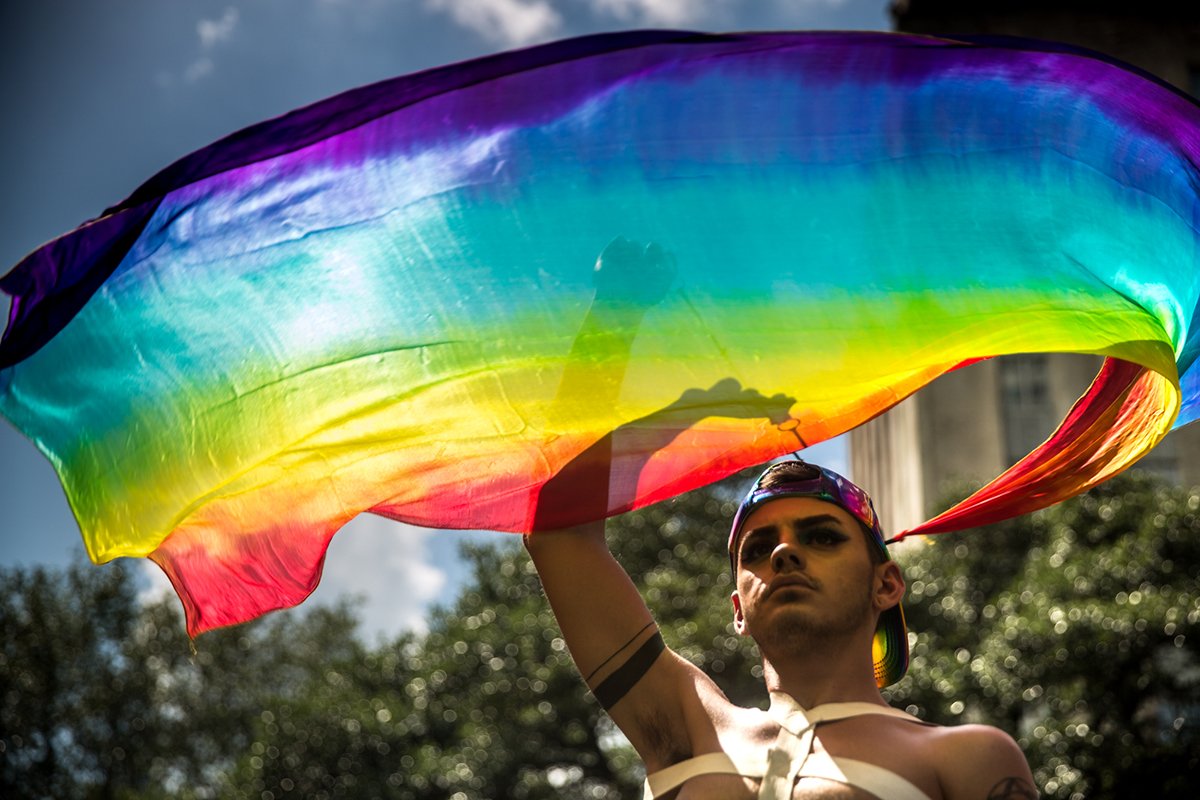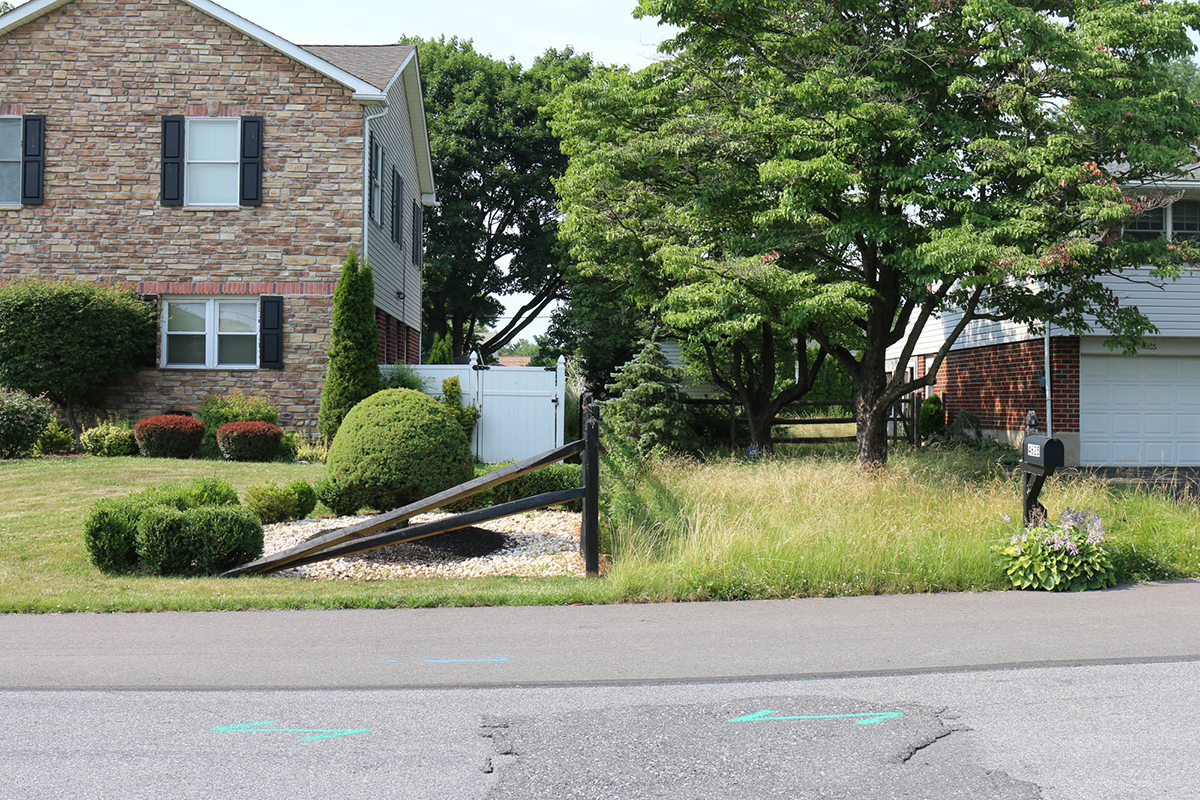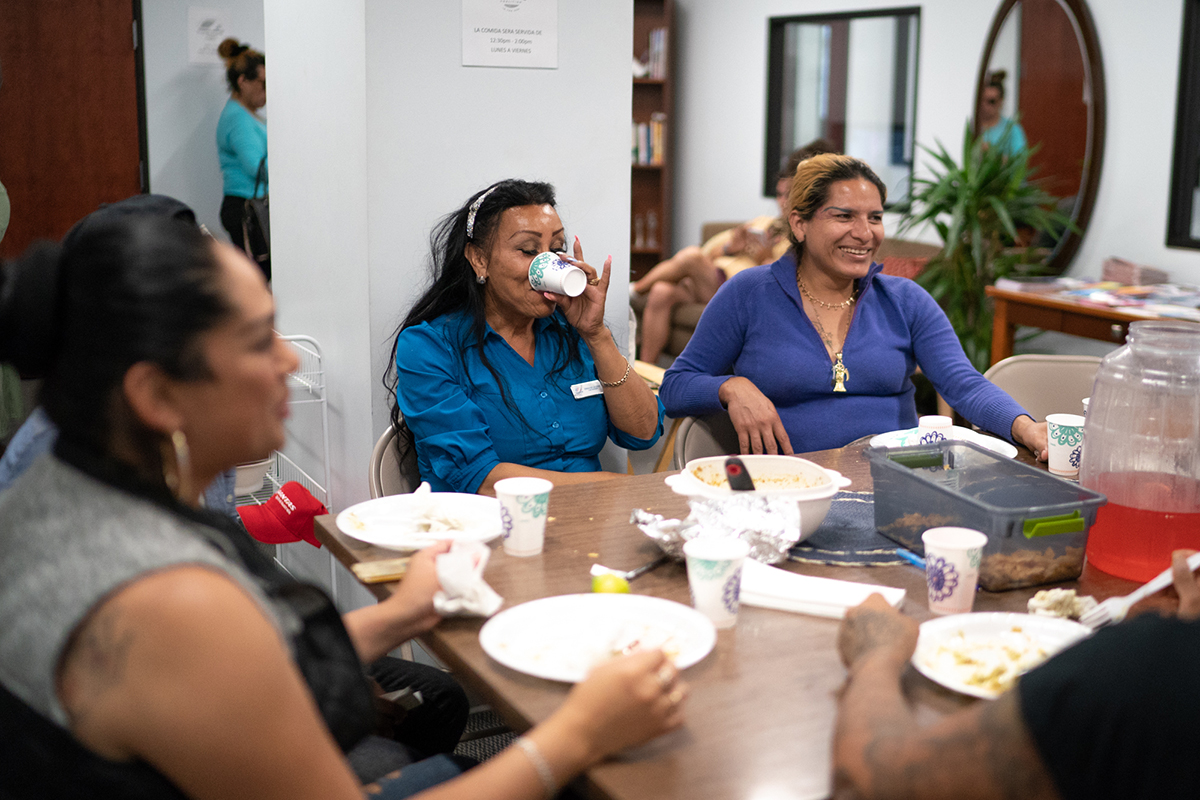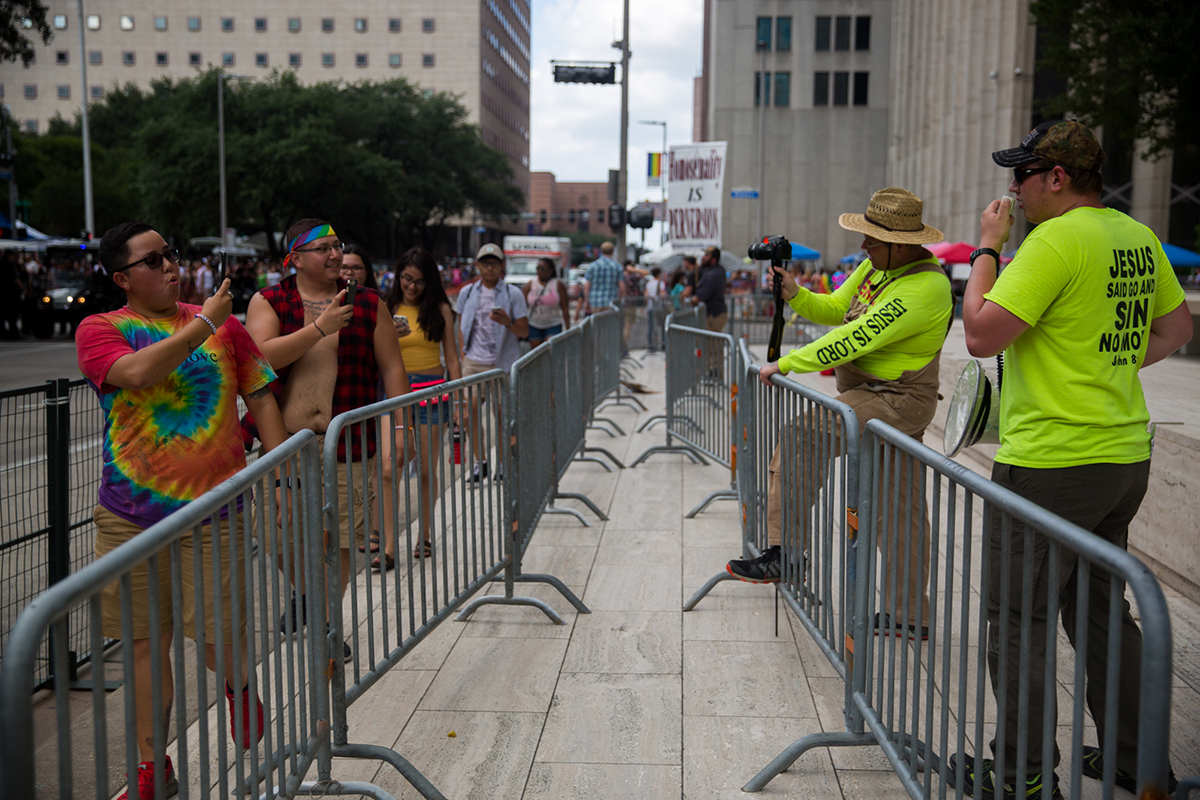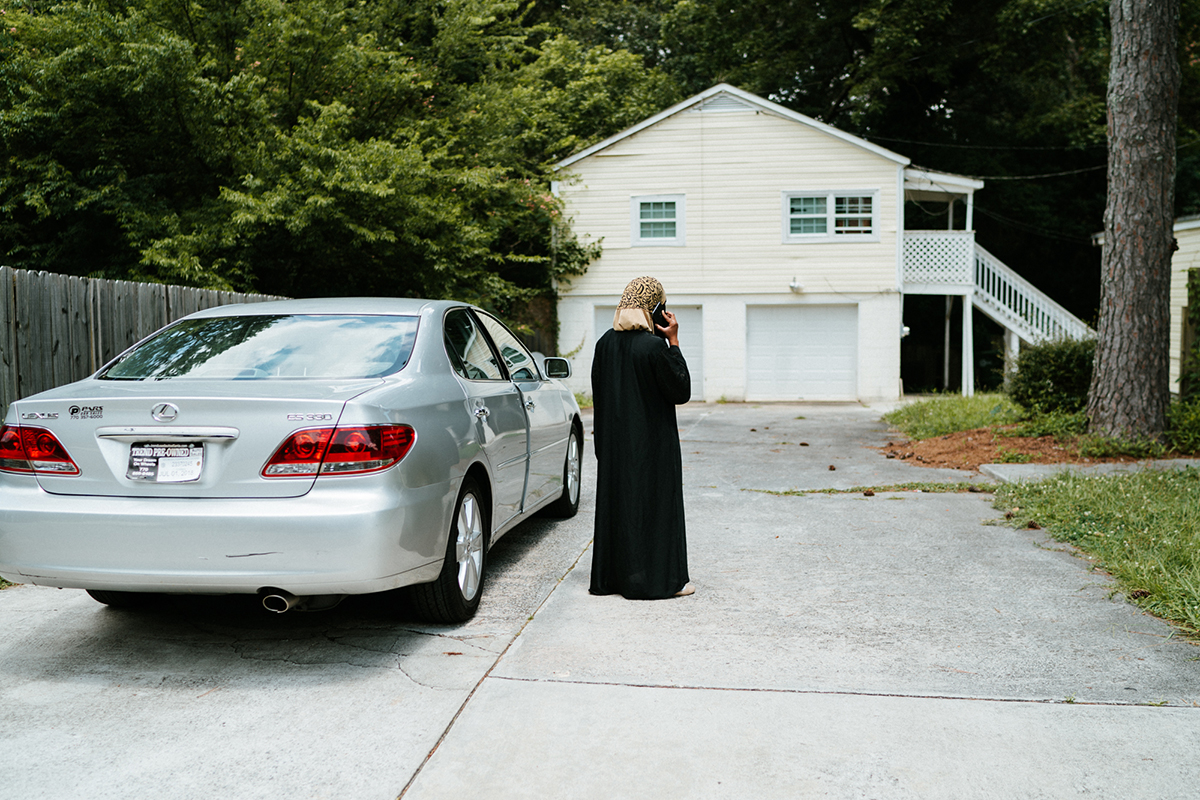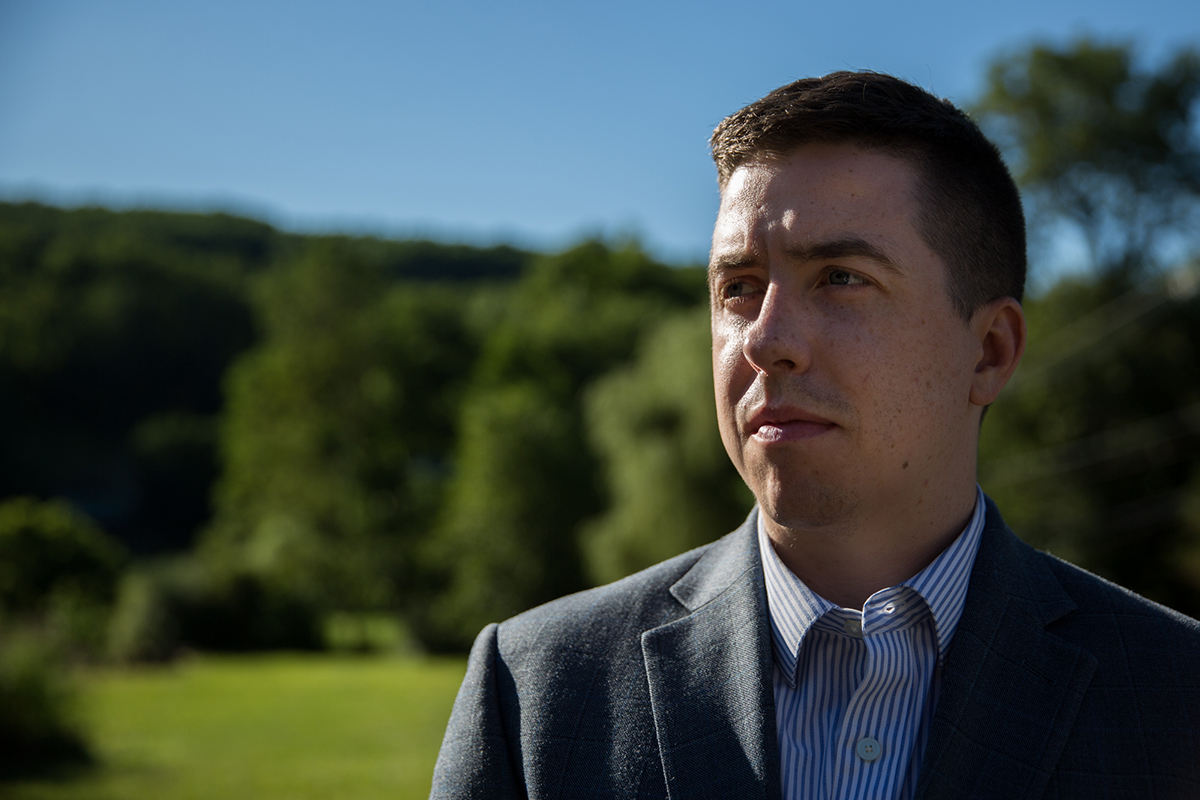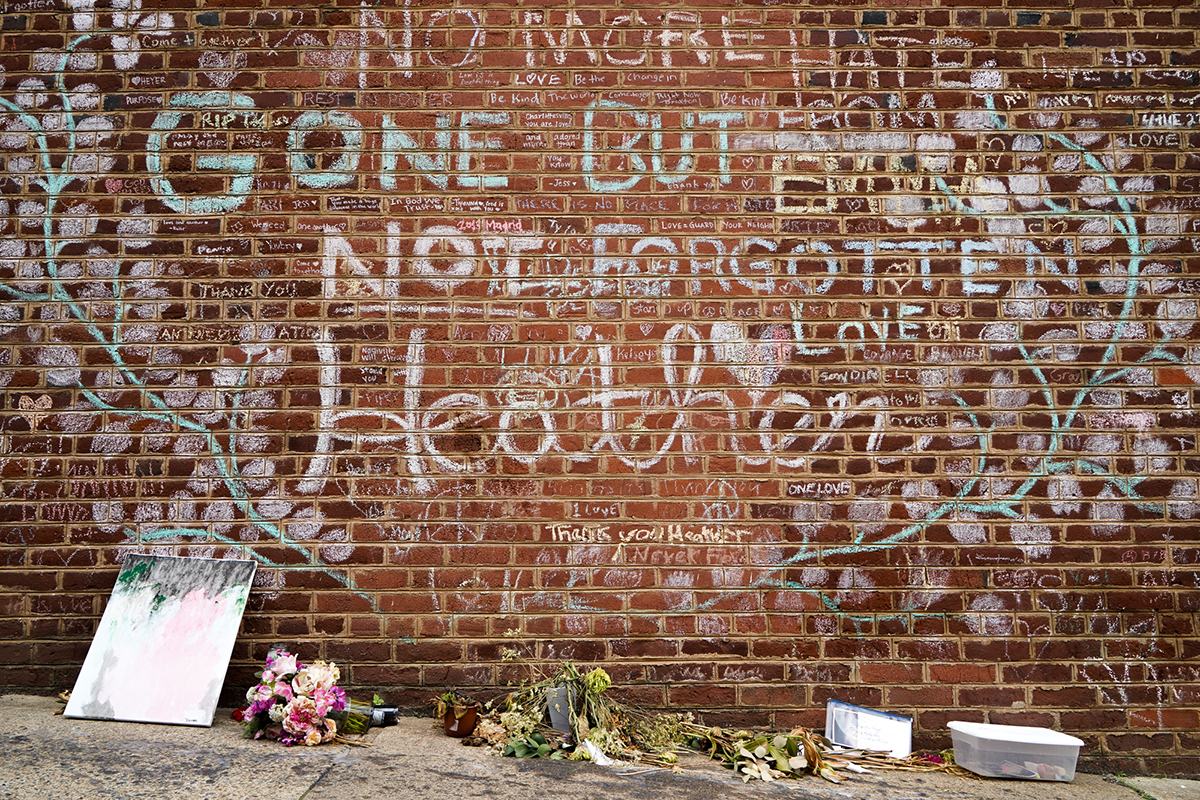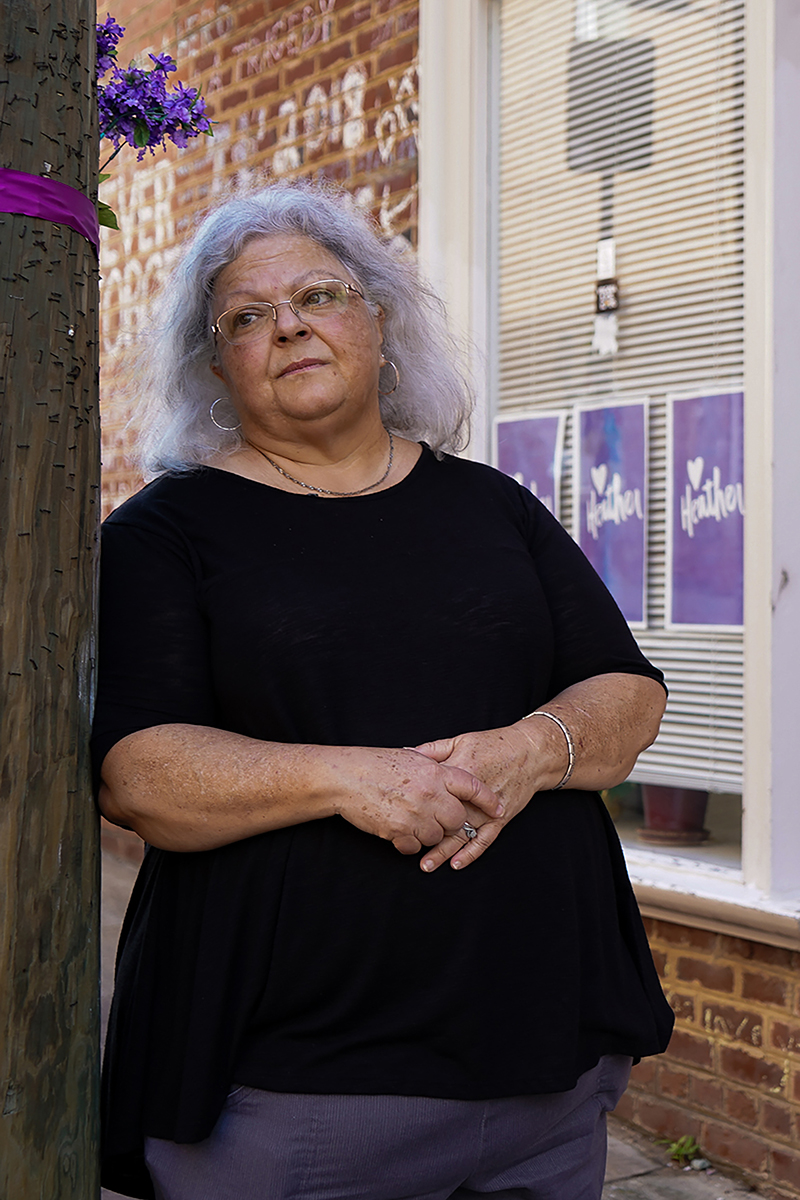PHOENIX — More than 2.4 million crimes, whose victims suspect were motivated by hate, were committed across the United States in the five years between 2012 and 2016, according to a News21 analysis of the federal National Crime Victimization Survey, which interviews tens of thousands of Americans annually.
Jack McDevitt, director of Northeastern University’s Institute on Race and Justice, said the victimization survey data are important in determining victims’ perceptions of hate crimes at a time of cultural and political upheaval in the United States.
“Groups such as black Americans and the LGBTQ community have historically and consistently been targeted by hate crimes. However, external events and politics can change attitudes towards certain groups,” McDevitt said. “Whenever controversial things happen, it empowers the haters to go ahead and act out because they believe that people share their bias.”
Over the last eight months, News21 journalists reported from 36 states, which included a 7,000-mile road trip around the country to assess the state of hate in America.
Many victims of hate crimes are reluctant to report them to the police. And reported crimes do not always lead to arrests, prosecutions or even a record of hate crimes. Two-thirds of the victimization survey respondents who suspected they were targeted because of hate were unable to cite tangible evidence, such as hate speech, that could be used by law enforcement. Authorities could confirm only 2.5 percent of the reported crimes were motivated by hate.
What the victimization survey found has not been reflected in the FBI’s national hate crime data. In the same five-year period ending in 2016, the FBI counted only 30,000 hate crimes reported to them by local police. Only 12 percent of the nation’s police departments reported any hate crimes at all to the FBI.
“It’s important to look at the number of people who suspect they were a victim of a hate crime and not just the FBI data. People’s perception is their reality,” said attorney Roy Austin, a former deputy assistant attorney general of the Civil Rights Division of the U.S. Department of Justice. “A lot of these law enforcement agencies don’t believe that they have a problem with hate crimes. If they don’t think they have a problem, they won’t deal with it well.”
